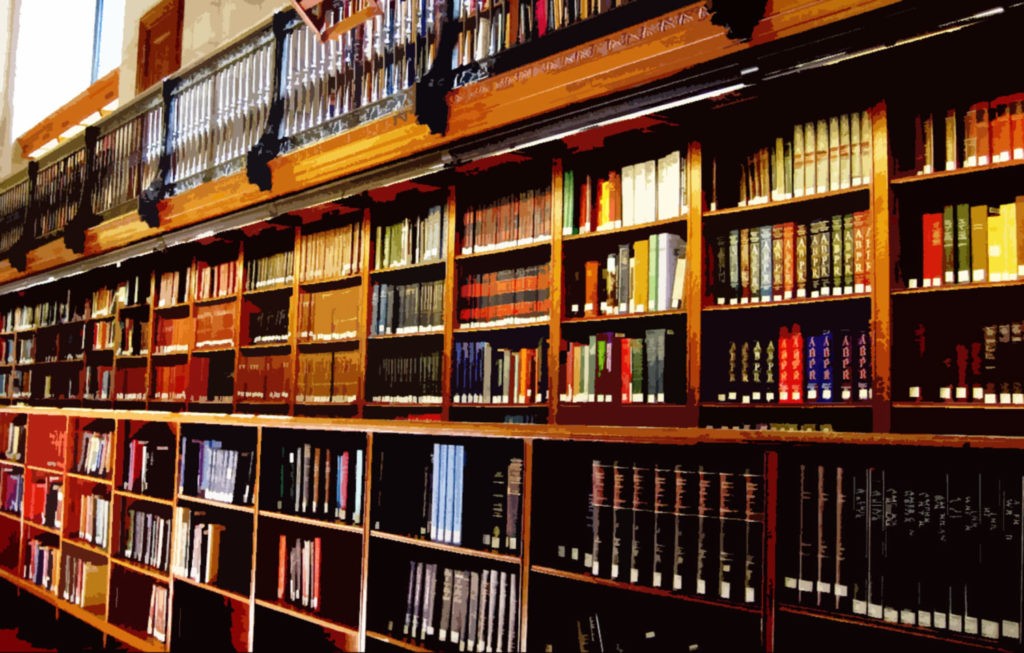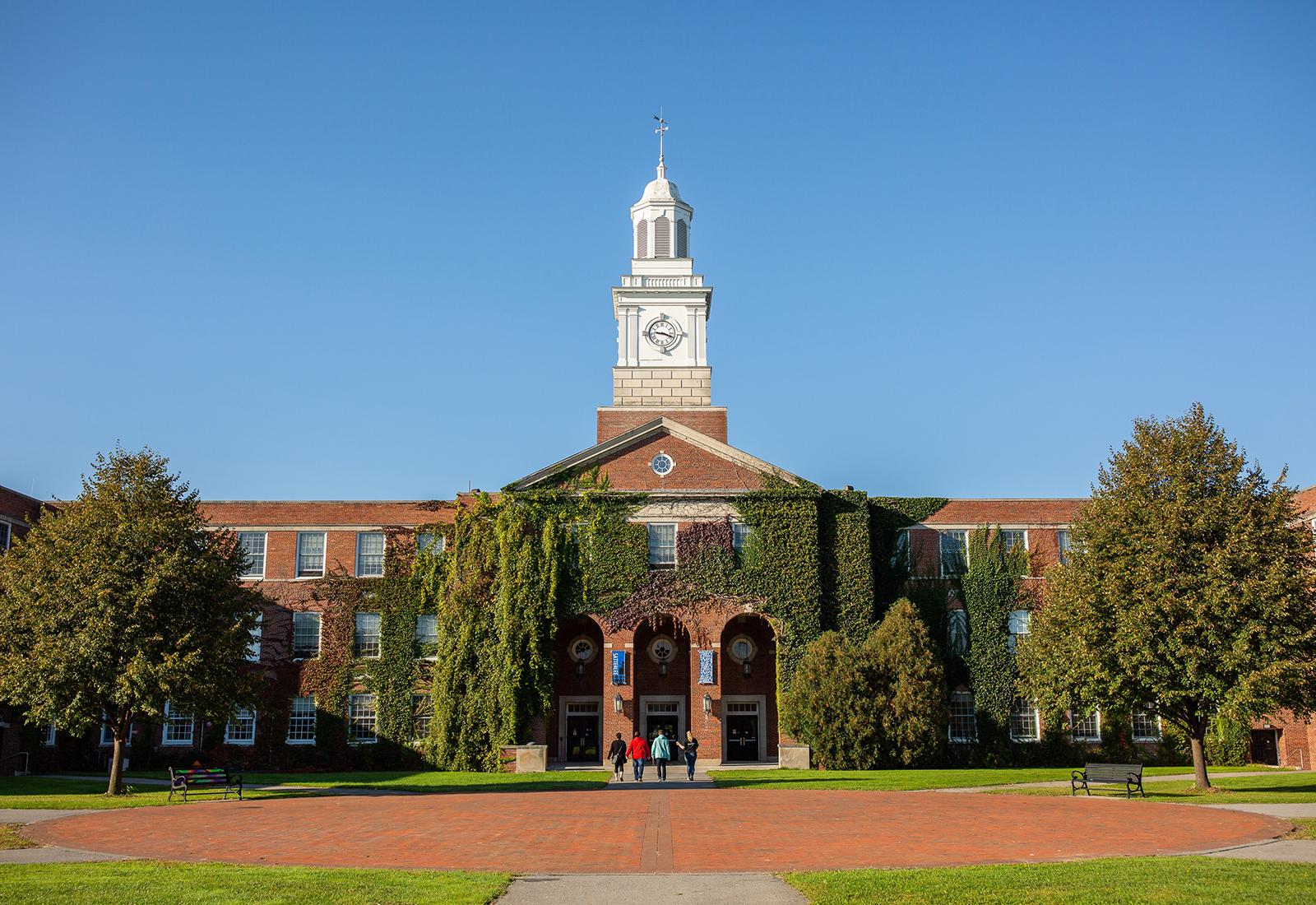Beloved Beer: Germans, Yankees, and Prohibition in Ann Arbor, Michigan

Germans have extended appreciated and honored alcohol. When the Irish missionary Columbanus initial encountered Germans in the early seventh century, he happened on a ritual sacrifice of beer.
Even following the Germans grew to become Christians, most spiritual leaders followed the biblical look at of alcoholic beverages as portion of God’s bounty. Martin Luther was fond of beer and wine: he once in a while received drunk, and he utilized the tunes of preferred drinking songs for some of his hymns.
These types of was the tradition at the rear of missionary pastor Frederick Schmid, who came to Michigan in 1833 to plant congregations among the state’s German immigrants. But Schmid, who established both Zion Lutheran Church and Bethlehem United Church of Christ, quickly discovered that other regional ministers experienced significantly stricter attitudes towards alcoholic beverages. Repulsed by the widespread preference for really hard liquor and the pattern of going on drunken sprees, numerous advocated an outright ban on ingesting.
In June 1834, Schmid was approached by a nearby Presbyterian minister. Would Schmid use his authority to persuade Ann Arbor’s Germans to stick to Presbyterian temperance tenets, which forbade not only liquor but even espresso and tea?
Schmid replied that it was not needed for a Christian to post himself to this kind of a yoke. Folks with the Holy Spirit in just them would not consume as well a great deal nor misuse the presents of God. Jesus, Schmid added, drank wine.
The clash of cultures that began that working day would very last pretty much a century. The Germans arrived in Ann Arbor amid a fantastic temperance motion between native-born Us citizens-a single that would culminate in nationwide Prohibition in 1920.
Most German settlers saw matters significantly like Schmid. Their attitude is enshrined in the constitution of Freedom Township’s Bethel Church, in which only major consuming is condemned. In the churchyard is a headstone with the date “February 31st.” According to previous pastor Roman Reineck, farm families would go to with the stonecutter as he labored. They’d convey some really hard cider or wine, and by the close of the working day the date failed to make a difference.
In the townships, where German had been the vast majority, these kinds of socializing was of very little issue. But the German like of liquor was a considerably more substantial problem in Ann Arbor. Concerning 1868 to 1918, city directories document 221 unique areas dispensing alcohol, additional than half of them owned by German People in america.
Edith Staebler Kempf (1898-1993) informed tales about the nineteenth century saloon run by Charlie Behr. Professors, lawyers, and well-to-do German farmers went there. Behr also served foods, and by Kempf’s account, there was hardly ever any rowdiness.
The Yankees-Michiganders whose families experienced arrive from New England or New York State-may have overlooked Germans promoting beer to other Germans. But Ann Arbor’s pupil inhabitants was a distinctive make a difference. Most U-M college students of the era came from Yankee households and grew up in Methodist, Baptist, or Presbyterian houses, where teetotalism was enforced. On their have in Ann Arbor, some reveled in their newfound freedoms-together with the liberty to consume.
In the starting, the University of Michigan kept a near eye on pupils. They lived on campus, had a 9 p.m. curfew, and had been necessary to go to compulsory chapel 2 times a day to hear sermons supplied by school associates, who ended up mostly ordained Protestant clergy.
That adjusted when Henry Philip Tappan took in excess of as college president in 1852. Tappan had frequented research universities in Prussia, and he began recruiting faculty on the basis of scholarship, not church affiliations. Tappan also abolished the university’s dormitory since he wanted students to be far more impartial and stay off campus, like pupils in Europe.
Tappan himself drank wine with his foods, and he didn’t treatment if college students drank beer. He did converse out against distilled spirits, but this hardly glad the additional conservative school and regents.
Absolutely free from the authority of dad and mom and the university, college students turned to alcoholic hell-boosting. In 1856, student mobs attacked German drinking areas in the “Dutch War.” The conflict started when Jacob Hangsterfer ejected two rowdy students from his beer hall. They returned the upcoming evening with pals armed with knives and golf equipment. When Hangsterfer refused to provide them no cost beverages, the college students broke open kegs and barrels and ruined furnishings and glass.
Shortly following, 6 learners climbed by way of a window at Henry Binder’s resort and saloon and assisted by themselves to beverages established out for a German ball. Binder could seize only just one of the pupils and held him hostage. The other people bought reinforcements from campus. When Binder demanded $10 for the stolen refreshments, the learners attacked with battering rams. With the brick walls supplying way, Binder established his huge doggy on the college students. But the students’ canines killed Binder’s pet dog. Then the college students went to get the muskets they used in navy drills-at which issue Binder correctly produced his captive.
Termed on the carpet by the regents, Tappan emphasised the university’s continuing requirements for each day chapel and Sunday church attendance, as effectively as other proof of a ethical university student human body. He also called for enforcement of a new metropolis ordinance prohibiting the sale of alcohol to minors and to folks who had been drunk. But the following calendar year, a former pupil died after drinking at Binder’s saloon and a friend’s space.
Tappan joined temperance-minded townspeople in pressuring metropolis council to informally agree that no liquor licenses would be granted east of Division Street, developing a “dry line” to shield the campus area. But Tappan misplaced factors with the regents when he refused to acquire a individual temperance pledge. However he elevated the college to nationwide stature-raising enrollment tenfold, laying the foundations of the legislation and engineering schools, and considerably additional-the regents were additional anxious with his perceived ethical failings. They fired him in 1863.
In Tappan’s position, the regents appointed a Methodist minister and professor of Latin, Erastus Haven. The Presbyterian Church hosted Haven’s inauguration. At the ceremony, a regent created a issue of detailing Tappan’s “sinful” conduct.
President Haven, on the other hand, experienced no much better luck curbing the town’s rowdy pupils. In 1867, he educated the Girls Library Affiliation that Ann Arbor was “disgraced all around the place” as a “place of revelry and intoxication.” By 1871, stung by brawls, nighttime ruckuses, and damaging pranks, Ann Arbor voters elected a college college member as mayor. Silas Douglas promptly had the city marshal alert the saloons that a extended ignored Sunday closing ordinance would be enforced.
Ann Arbor’s conflict around liquor eventually turned a statewide problem. The Michigan department of the Women’s Christian Temperance Union issued a flyer in 1881 decrying the city’s saloons for creating adult males “brutes.” The flyer lists 30-seven saloon keepers by title, the good the greater part of them German People in america, and contends that “Ann Arbor would be improved off morally, socially, intellectually, and in every other way, if this disgustingly lengthy record of adult men would each a person of them die with the little-pox inside the future week.”
In 1887, Michigan voted on a proposed modification to the point out constitution prohibiting the manufacture and sale of alcohol. Ann Arbor’s seriously German Second Ward (modern Previous West Facet) rejected it 10 to one. The Yankee- and university-dominated Sixth Ward voted a few to a single in favor. It missing narrowly statewide.
Ann Arbor’s temperance forces lastly obtained some achievement in 1902, when the informal dry place about the university turned a part of the metropolis constitution. By 1908, eleven Michigan counties experienced enacted nearby Prohibition ordinances, and each year a lot more and far more counties joined them. In 1916, Michigan voters all over again viewed as a Prohibition modification to the point out constitution.The Next Ward continue to voted no, by nearly two to a single, but Ann Arbor as a entire voted for Prohibition, as did the point out.
The late Ernie Splitt recalled the government inspectors arriving at the Michigan Union Brewery on Fourth Street on the day the state went dry, May well 1, 1918. According to Splitt, all people had a drink, even the inspectors. Then “the rest of the beer was poured down the drain. That was the saddest working day of my lifestyle.”
Hordes of Michiganders headed for Ohio to get booze, top Michigan’s governor to purchase point out troopers to patrol the border. Autos disregarding their roadblocks ended up fired on, and the governor was compelled to declare limited martial law. A passenger was shot in the neck when a driver failed to prevent for troopers on the freeway exterior Ann Arbor. But a look for of the vehicle turned up no liquor.
In 1918 congress accepted the Eighteenth Amendment, prohibiting the manufacture, sale, or transportation of intoxicating drinks. It was ratified by the states early in 1919 and took effect in January 1920.
Prohibition did decrease hefty drinking, in particular among the the doing the job class, in rural places, and on school campuses. But it experienced the opposite outcome among very well-to-do Anglos.
Bootleggers and unlawful ingesting establishments mostly dismissed beer and wine, concentrating as a substitute on far more financially rewarding really hard liquor. Cocktails grow to be stylish.
It was estimated that 400 to 600 cases of whiskey were being introduced from Canada throughout the Detroit River nightly. Considerably of it then was pushed to Chicago, commonly passing as a result of Washtenaw County en route.
One chilly April night in 1927, Ann Arbor law enforcement officers William Marz and Erwin Keebler stopped a vehicle downtown. The driver had no registration, so Marz stood on the car’s operating board to direct it to police headquarters although Keebler adopted at the rear of in their patrol motor vehicle. In close proximity to headquarters, a single of the travellers pulled out a gun and fired five periods by way of the window, blasting Marz to the pavement. The car sped off. The good thing is, Keebler experienced insisted Marz put on a bulletproof vest.
When the law enforcement escalated their enforcement efforts, gangsters simply just utilised their massive gains to acquire more quickly autos and much more guns. Standard citizens feared becoming caught in the crossfire. They put American flag stickers on their windshields with the inscription, “Don’t Shoot, I am Not a Bootlegger.”
With legislation enforcement officers disappointed by the bootleggers, they struck at the minor gentleman-in Ann Arbor, Metzger’s German Cafe. In 1929, owner Monthly bill Metzger was cited for providing difficult cider and positioned on probation for five yrs. He was fined $100 and could not depart the point out without the need of the consent of the court. He, his motor vehicles, his business, and his home could be searched at any time with no a warrant. To prevent any upcoming scenarios of his cider fermenting, he could no lengthier promote cider at all.
In excess of the system of the 1920s, even non-Germans commenced to query Prohibition. They arrived to understand that they had only changed the hated saloon with the speakeasy and the blind pig and began to think that the moderate German method, drinking beer and wine, may be Ok.
In the 1932 presidential election, Franklin Roosevelt ran as a soaked applicant. As a single of its initial functions, the new congress passed the Twenty-To start with Modification, repealing Prohibition. That April, Michigan turned the very first point out to ratify it. By Might, sale and use of alcoholic beverages have been authorized yet again in Ann Arbor.
The Michigan Union Brewery reopened as the Ann Arbor Brewery. Kurt Neumann, a longtime resident of “Cabbage Town,” as the Old West Aspect was regarded, recalled how adult men from the neighborhood would prevent in, fill steins straight from a spigot, and sit all around conversing and ingesting. Regrettably, other locals were not as faithful to “Ann Arbor Previous Tyme,” “Creme Best,” or “Town Club”-maybe for the reason that it was all the identical beer, just with different labels. The brewery shut for excellent in 1949.
In 1960, nearby voters finally permitted bars to provide liquor. In 1964 they changed the century-old dry line with a lesser dry island all over the college, and in 1969 even that was removed. Ann Arborites had repealed the past remnants of the Yankee campaign versus alcoholic beverages.
This posting at first appeared in the Ann Arbor Observer for September, 2009. A lot more on Ann Arbor’s heritage, such as photos, beery and otherwise, may well be found at a web-site: http://www.celticgerman.com




